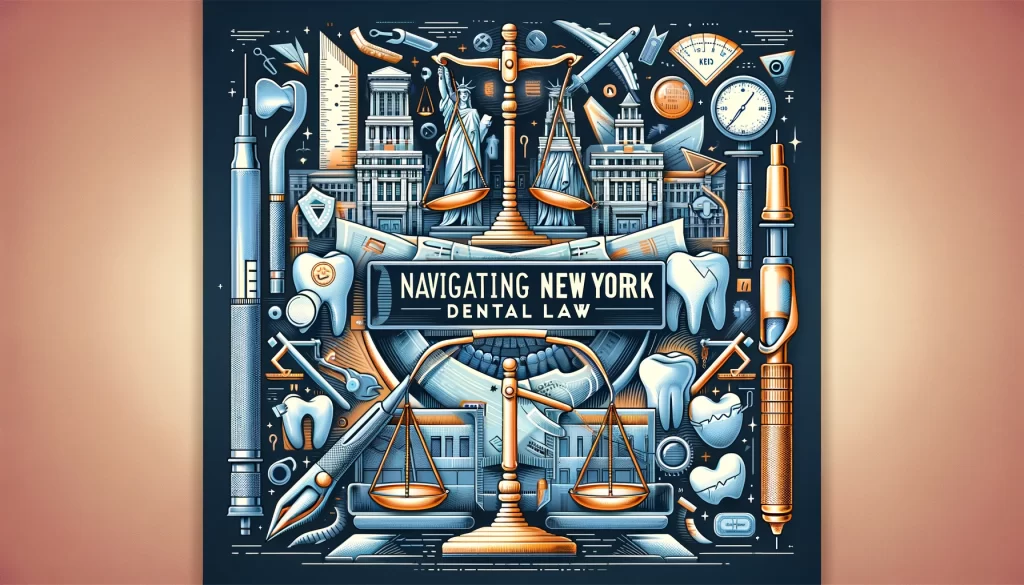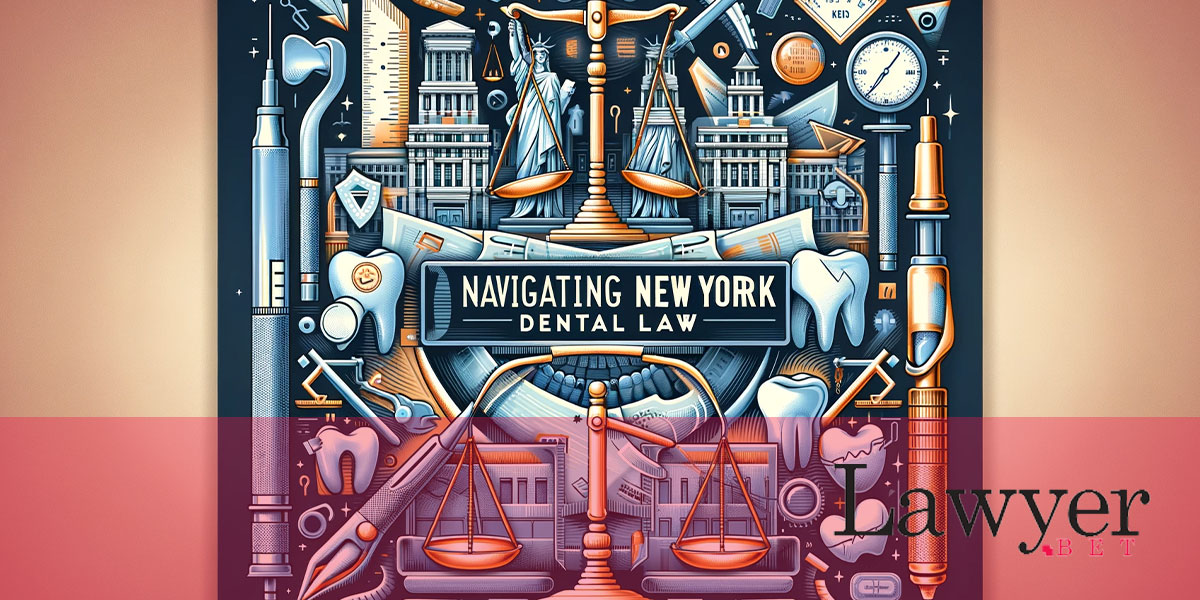Demystifying New York Dental Law: Everything You Need to Know
Dental practice in New York State is highly regulated to ensure top-notch patient care and uphold professional integrity. Lawyers specializing in New York dental law must have a deep understanding of these legal standards to effectively advise dental professionals. This comprehensive manual explores the essential aspects of dental legislation in New York, covering everything from licensing requirements and practice standards to patient rights and ethical conduct. The aim is to equip legal practitioners with the necessary knowledge to navigate these intricate regulations.
Becoming a Licensed Dentist in New York
Becoming a dentist in New York is an arduous process, reflecting the state’s dedication to excellence in dental care. Prospective dentists must satisfy several criteria, including educational qualifications, exam success, and adherence to ethical standards.
Educational and Exam Standards
For any dentist in New York, a robust dental education and passing a series of comprehensive exams evaluating theoretical knowledge and clinical skills are foundational requirements.
Continuing Education and Professional Growth
Upon obtaining a license, dentists are required to participate in ongoing education and professional development activities to ensure that their practice reflects current care standards and technological advancements in dentistry.
Adhering to Regulations and Standards in Dental Practice
New York imposes stringent guidelines for dental practice, encompassing patient safety protocols, the use of dental materials and technologies, and more, all aimed at maintaining top-tier patient care.
Patient Safety and Infection Control
A rigorous approach to patient safety and infection control is essential in any dental practice, with specific rules governing instrument sterilization and clinical environment management.
Privacy and Patient Records
Compliance with privacy laws, especially concerning patient record handling and protection, is crucial in New York dental practice, ensuring patient information security and trust preservation.
Upholding Professionalism and Ethical Standards
The integrity of dental practice in New York is maintained through stringent codes of professional conduct and ethical standards that guide dentists in their interactions with patients, colleagues, and the community.
Dealing with Professional Misconduct
If professional misconduct arises, New York has clear procedures for investigating and disciplining, ensuring stringent protection of dental practice standards.
Advocacy for Patient Rights
Centrally, dental practice in New York places great emphasis on advocating for patient rights, with dentists and legal professionals striving to ensure that patients are informed, consenting, and receiving care that aligns with legal and ethical standards.
Concluding Thoughts: Upholding Dental Practice Standards in New York
The legal landscape of dental practice in New York is intricate, reflecting the state’s commitment to excellence in dental health and patient care. This guide offers a foundational overview, but continuous learning and engagement with the dental community are crucial for staying abreast of developments in this dynamic area of law.

Understanding Dental Regulations in New York City: An In-Depth Review
Mastering NYC Dental Regulations
For dental professionals practicing in New York City, a deep understanding of the industry’s governing regulations is essential. NYC has specific rules and guidelines that dental practices must adhere to in order to maintain compliance and deliver quality care to patients.
Crucial Regulations to Keep in Mind:
- Licensing Requirements: Dentists, dental hygienists, and dental assistants in NYC must be licensed by the New York State Education Department to practice.
- Infection Control Practices: Dental offices must maintain strict sterilization and infection control protocols to prevent infections spread.
- Patient Records: Dental practices must uphold accurate patient records in compliance with HIPAA regulations.
- X-ray Safety: Proper safeguards should be in place to protect patients and staff from unnecessary radiation exposure during X-ray procedures.
- Insurance Billing: Dental practices must bill insurance companies ethically and accurately to avoid penalties.
Advantages of Compliance:
By mastering NYC dental regulations, dental professionals can ensure the safety of their patients and staff, avoid legal issues, and maintain a positive reputation within the community.
Practical Tips for Ensuring Compliance:
- Stay informed on regulation changes through continuing education courses and workshops.
- Implement written policies and procedures for your practice to ensure consistent compliance.
- Regularly audit your practice to identify areas of non-compliance and promptly take corrective action.
Illustrative Example:
Dr. Smith, a dentist in NYC, recently invested in new sterilization equipment to comply with updated infection control regulations. As a result, her practice experienced increased patient satisfaction and referrals.
Personal Insights:
As a dental hygienist in NYC, I have found that staying informed about dental regulations is crucial to providing quality care to my patients and maintaining a successful practice.
| Regulation | Importance |
|---|---|
| Licensing Requirements | Ensures competency of dental professionals |
| Infection Control Practices | Prevents the spread of infections in the office |
| Patient Records | Protects patient privacy and ensures continuity of care |
| X-ray Safety | Minimizes radiation exposure for patients and staff |
| Insurance Billing | Avoids legal issues and financial penalties |
The article Navigating New York Dental Law: A Guide was first published on lawyer.bet.




